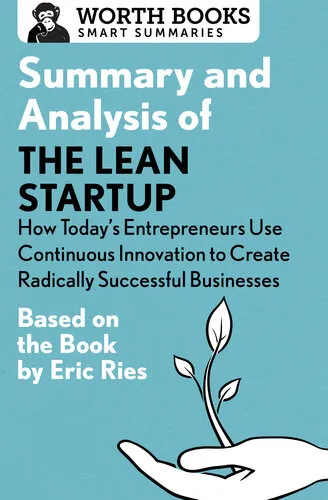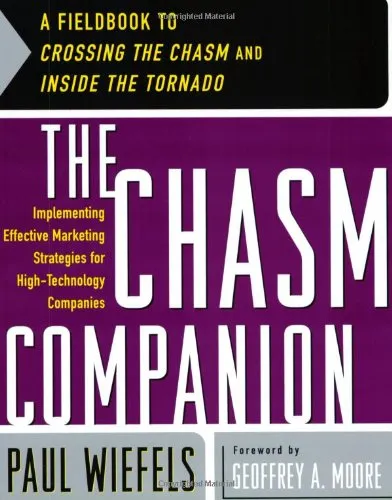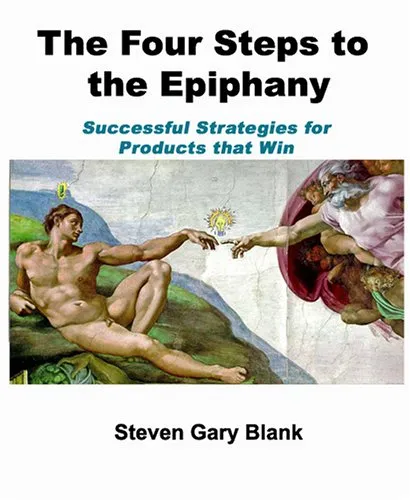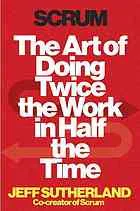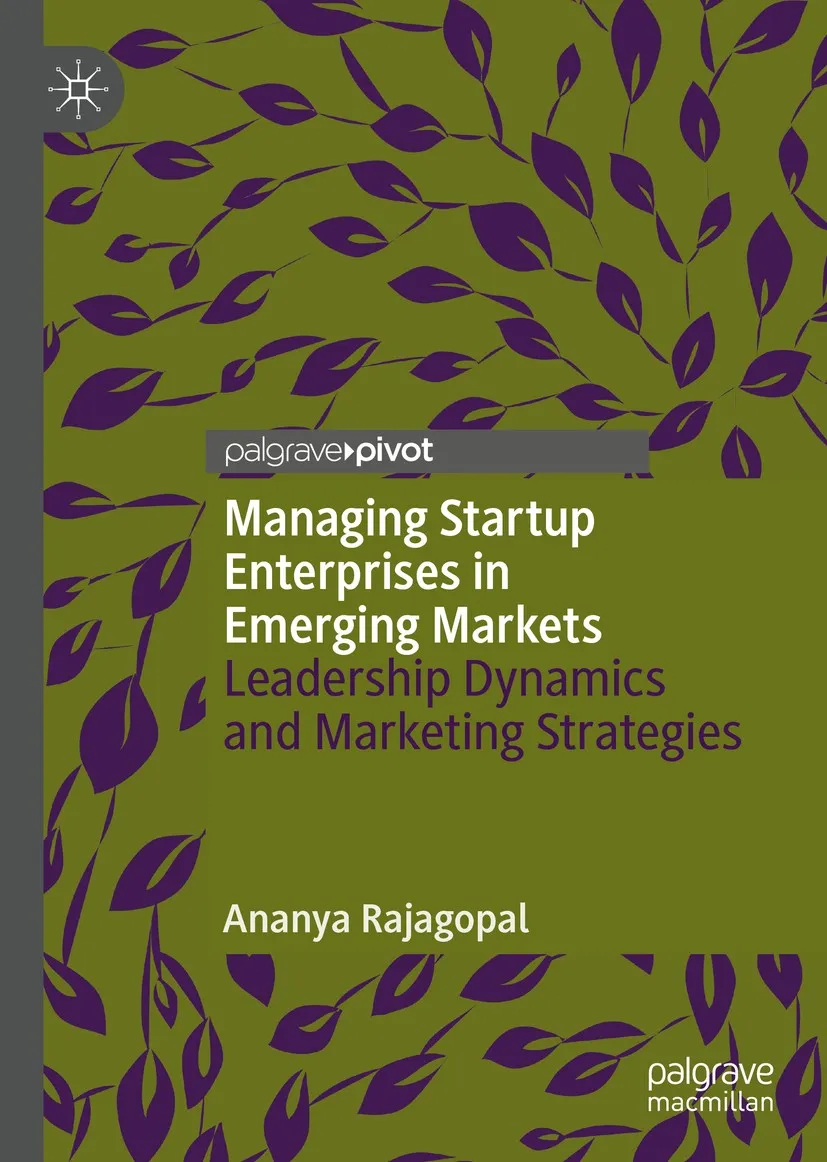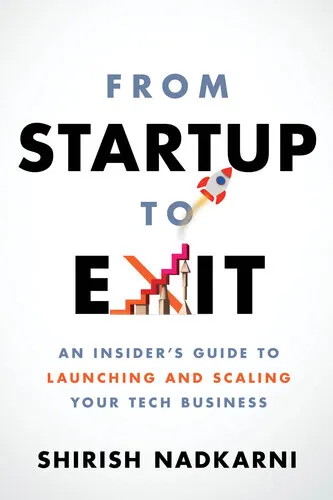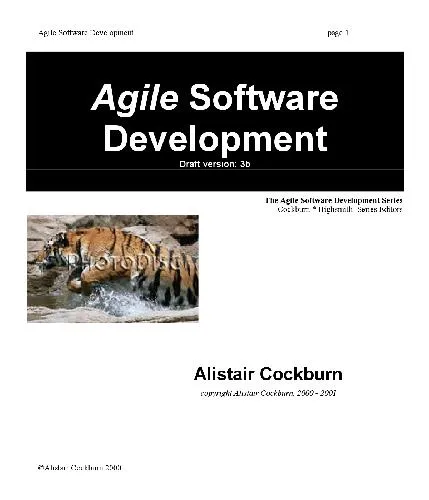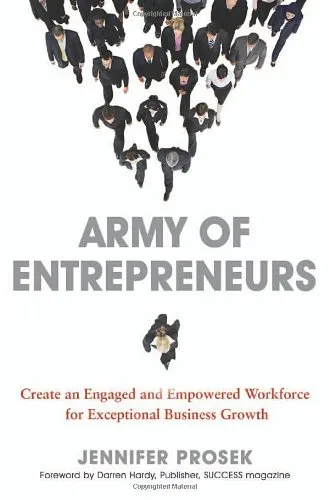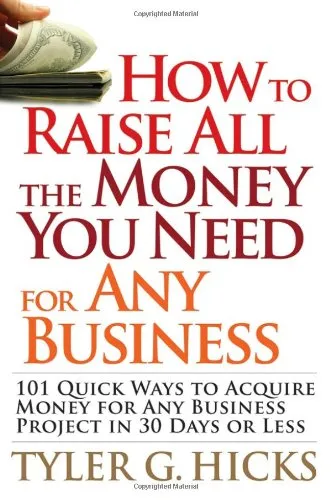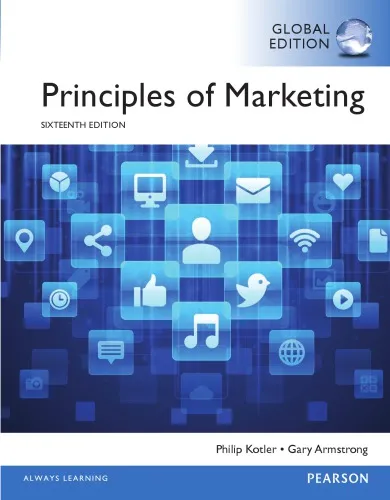Summary and Analysis of The Lean Startup: How Today's Entrepreneurs Use Continuous Innovation to Create Radically Successful Businesses: Based on the Book by Eric Ries
3.5
Reviews from our users

You Can Ask your questions from this book's AI after Login
Each download or ask from book AI costs 2 points. To earn more free points, please visit the Points Guide Page and complete some valuable actions.Related Refrences:
Introduction
Eric Ries’ groundbreaking work, "The Lean Startup: How Today's Entrepreneurs Use Continuous Innovation to Create Radically Successful Businesses," has reshaped the landscape of entrepreneurship. This pivotal book emphasizes the essential role of adaptive processes and the necessity for startups to employ a new strategy for business creation. Our "Summary and Analysis of The Lean Startup" serves as a valuable companion for readers eager to delve into and efficiently absorb Ries' insights.
Summary of the Book
Eric Ries, an entrepreneur himself, wrote "The Lean Startup" to share the philosophy and practices that he believes are key to creating sustainable businesses. The primary principle of the lean startup is rooted in lean manufacturing and leverages innovative methods to develop efficient businesses. Central to this is the idea of the Build-Measure-Learn feedback loop, which positions rapid testing and learning as the core mechanism for progress.
Startups, Ries argues, often operate under conditions of extreme uncertainty and must pivot or persevere based on validated learning. Validated learning is achieved by constructing a minimum viable product (MVP) — the most simple, stripped-down version of a product that can be quickly released to the market to test assumptions about business strategies. The MVP allows startups to gather feedback, iterating and improving based on customer insights.
Key Takeaways
- Validated Learning: Use real customer data to drive growth and decision-making.
- Minimum Viable Product (MVP): Launch quickly to assess market needs and adjust accordingly.
- Pivot or Persevere: Understand when to change direction based on testing results and learning.
- Innovation Accounting: Measure progress based on concrete data rather than vanity metrics.
- Continuous Deployment: Integrate fast, reliable releases to improve product over time.
Famous Quotes from the Book
"The only way to win is to learn faster than anyone else."
"A startup is a human institution designed to create a new product or service under conditions of extreme uncertainty."
Why This Book Matters
"The Lean Startup" is not just a book for aspiring entrepreneurs; it is a handbook for any organization yearning for innovation. By championing a scientific approach to innovation, Ries empowers startups and established companies alike to build robust products that meet real customer needs.
The methodologies detailed in the book closely align with those used in agile software development, encouraging rapid iteration and reducing product development cycle times. As businesses face an increasingly competitive landscape, the ability to adapt and evolve is crucial.
Ries’ principles allow companies to test their vision continuously, adapting before investing too much in unproven ideas. This mentality fosters an experimental approach to entrepreneurship and drives sustainable success in a constantly changing market.
Free Direct Download
You Can Download this book after Login
Accessing books through legal platforms and public libraries not only supports the rights of authors and publishers but also contributes to the sustainability of reading culture. Before downloading, please take a moment to consider these options.
Find this book on other platforms:
WorldCat helps you find books in libraries worldwide.
See ratings, reviews, and discussions on Goodreads.
Find and buy rare or used books on AbeBooks.
1523
بازدید3.5
امتیاز0
نظر98%
رضایتReviews:
3.5
Based on 0 users review
Questions & Answers
Ask questions about this book or help others by answering
No questions yet. Be the first to ask!
